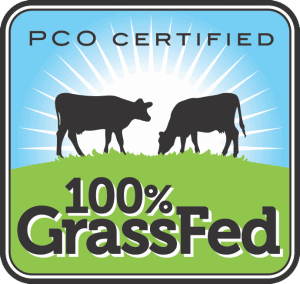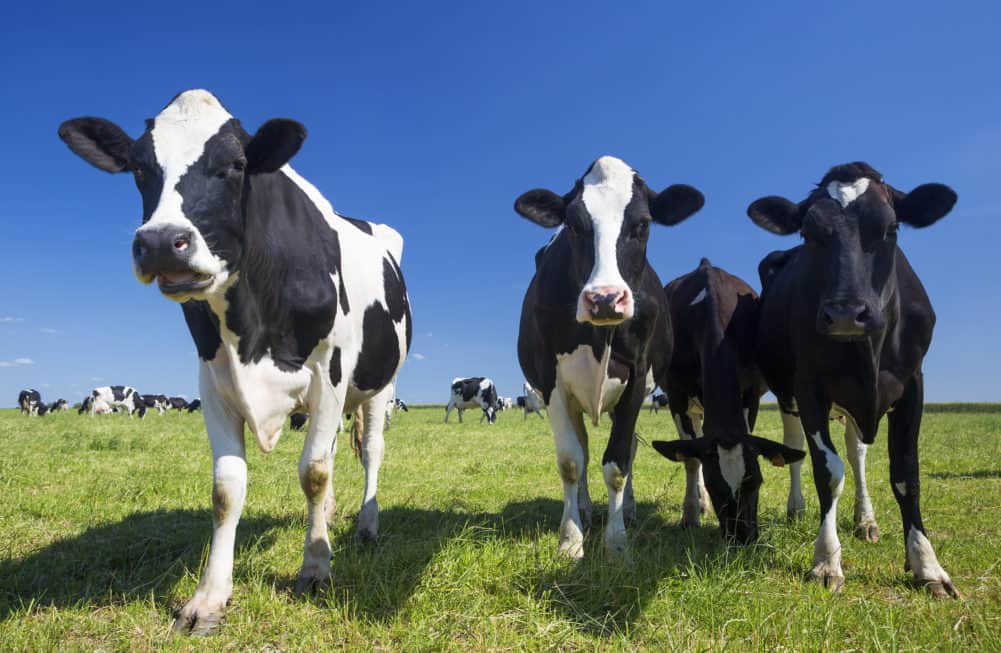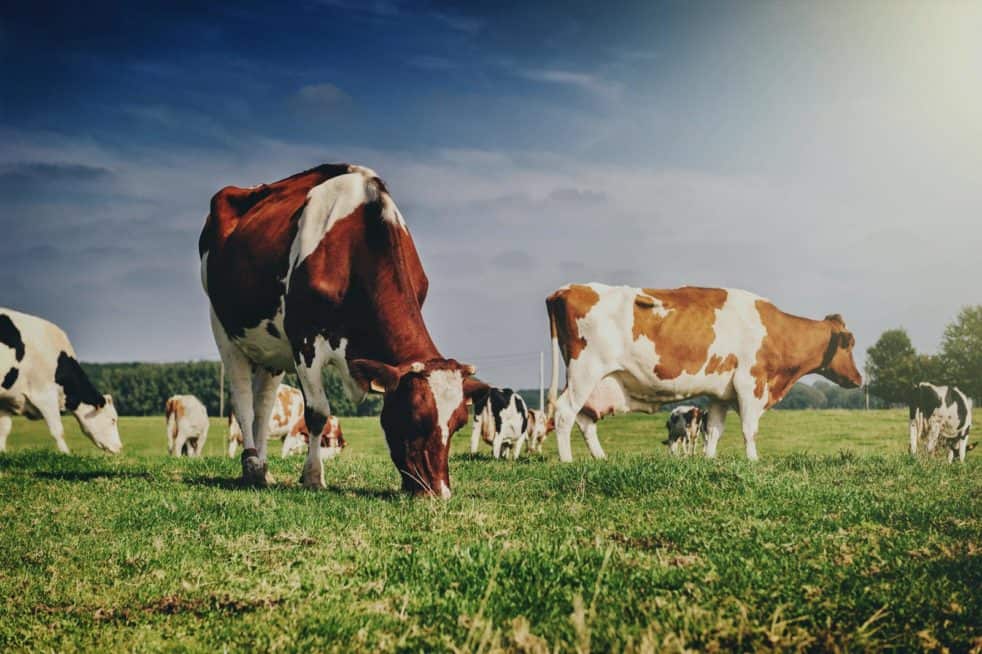The PCO Certified 100% Grass Fed label is highly meaningful and verified. The label, which can be found on beef and dairy products, means that the animals were fed only grass and forage with no grain. The animals were also raised according to USDA Organic standards, which promote a sustainable system of agriculture. Organic standards prohibit administering antibiotics, hormones, and growth promotants, treating pasture with synthetic herbicides, planting genetically engineered plants such as alfalfa in pasture, and much more.

Is the label verified?
Yes
Is the meaning of the label consistent?
Yes
Are the label standards publicly available?
Yes
Is information about the organization publicly available?
Yes
Is the organization free from conflict of interest?
Yes
Was the label developed with broad public and industry input?
Yes

This label can be found on: beef, dairy products
PROGRAM NAME: PCO 100% Grassfed
ORGANIZATION: Pennsylvania Certified Organic
url: https://www.paorganic.org
LABEL STANDARDS: The standards are available upon request by calling (814) 422-0251 or emailing [email protected]

What this label means
The label’s standards require that beef cattle and dairy cows were fed only grass and forage with no grain (dairy cows can also be fed kelp and molasses) in addition to being managed according to the USDA organic standards.
Since the label requires that the animals must be managed according to the federal organic standards, the animals were not treated with antibiotics, growth hormones and synthetic pesticides. Organic standards require that the pasture on which they graze, and the forage crops they are given when grazing is not possible (e.g., winter months), were not treated with synthetic pesticides or synthetic fertilizers.
The organic standards also prohibit the use of genetically engineered crops, including genetically engineered alfalfa that is allowed on non-organic pastures and as a source of hay for winter feeding.

Why it matters
Beef and dairy cattle are ruminants, and their digestive systems have evolved to digest high-fiber and low-starch grasses. They gain weight more rapidly when they are fed grain in addition to grass, which has become standard practice in the beef and dairy industries, but grain-feeding comes with a cost to the nutritional value of the meat and dairy they produce, and the animals’ digestive health.
Nutritional benefits. Studies suggest that there are important health benefits from consuming 100% grass‐fed meat and dairy compared with grain-fed meat and dairy. Studies have found that, compared to grain-fed alternatives, grass-fed meat contains lower levels of overall fat and higher levels of vitamins and antioxidants; grass-fed meat and dairy have also been found to have higher levels of omega-3 fatty acids, which appear to provide health benefits.
Animal health benefits. Ruminants on a grass-based diet without grain are less likely to suffer from gastrointestinal disorders such as acidosis. With acute acidosis, the acidity level and glucose levels in the animal’s intestines increase markedly due to grain consumption, leading to damage to the intestinal wall or other health conditions.
Another health effect of a high-grain diet for cattle is a higher rate of liver abscesses. For prevention of liver abscesses in grain-fed cattle, the FDA has approved numerous antibiotics that can be added to cattle feed – the same grain-based feed that is often contributing to the abscesses in the first place. Antibiotics approved for this purpose include the critically important antibiotics tylosin, ceftiofur, virginiamycin and chlortetracycline. A sustainable way to prevent liver abscesses is to promote healthy animals with a species-appropriate diet of grass and forage.
CONSUMER REPORTS EVALUATION

How meaningful is this label?
Highly Meaningful
This label combines organic certification with verification that the animal’s diet consisted of 100% pasture and forage, with no grain.
It is especially important to look for verification of “grassfed” claims on dairy. The Food and Drug Administration (FDA) regulates labeling on dairy products, and does not have a regulatory definition for the Grass Fed claim. Dairy products can be labeled “grassfed” without verification, and companies can make “grassfed” claims when the cows’ diet consisted of some grass, but 100% grass-based diet is not required. A verified “grassfed” label, such as PCO Certified 100% Grassfed, is therefore especially important.

Is the label verified?
Yes.
To become certified, farms complete a 100% Grassfed System Plan and additional documentation as requested by PCO. PCO conducts a review of the application and an inspection of the farm. Following certification, farms are inspected annually to keep their certification.
Is the meaning of the label consistent?
Yes. Farms have to meet all the standards to be certified.
Are the label standards publicly available?
Yes.
Yes. The label standards are available upon request by calling (814) 422-0251 or emailing [email protected].
Is information about the organization publicly available?
Yes.
Board of Directors: Yes. The members of the Pennsylvania Certified Organic Board of Directors and their affiliations are listed on the website.
Financial information: Yes. Financial information for Pennsylvania Certified Organic, a 501(c)(3) not-for-profit organization, is publicly available.
Is the organization free from conflict of interest?
Yes.
Standards development: Yes. The Board of Directors consists of members who do not have or have not held an interest in a production or handling operation certified by PCO, for at least 12 months.
Verification: Yes. The organization has a conflict of interest policy for independent inspectors and PCO staff members.
Was the label developed with broad public and industry input?
Yes.
Standards development: The standards were developed by the PCO Standards Committee, which consists of 20 members with diverse affiliations, including certified organic producers and processors, industry professionals, consumers and scientists. PCO members also had the opportunity to provide comment prior to finalizing the standard, and while the standards were developed, there were several public meetings to discuss the standards.
Standards updates: The standards will be reviewed every three years and updated if necessary. The organization will accept comments from certified producers and members, as well as the general public. Comments will be taken into consideration during the evaluation process.